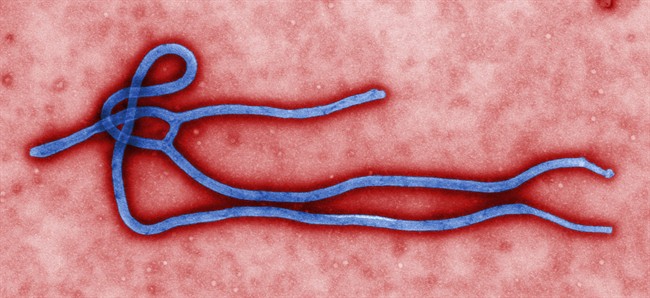VANCOUVER – In B.C. the nurses’ union says this province is not ready to deal with Ebola.

Their concerns come after word three people have been tested for the deadly virus here. All those tests have come back negative, but nurses say they have not received enough training or the proper equipment to handle an Ebola case.
The union president says 60 per cent of major hospitals in our province are not up to speed with proper infection control procedures and more communication and training is needed.
“It’s one thing to have papers and policies and procedures on just that, on paper, but it’s another thing to enact them on the front line, on the ground level,” said Gayle Duteil, BC Nurses’ Union president. “And that’s not being done, nor is it being communicated.”
However, provincial health officer Dr. Perry Kendall said the chances of someone in British Columbia getting exposed to Ebola are ‘vanishingly small if not zero,’ and there are more important things for British Columbians to worry about.
There have been no confirmed cases in Canada or B.C.
Kendall says he has heard concerns from the president of the BC Nurses’ Union.
“Other provinces have similarly heard concerns from front line staff,” he said.
Health Minister Terry Lake issued a statement Wednesday morning, reassuring British Columbians that B.C. is ready to deal with Ebola.
He says B.C. is using the top international infection control systems and procedures.
“B.C. health authorities have put in place internationally accepted infection control systems and procedures that reflect those being used by experts around the world. These are the same standards being used by the Centers for Disease Control in Atlanta Georgia; in the U.S. that have cared for Ebola virus disease cases; and by Medecins Sans Frontieres, operating in West Africa,” says Lake.
He says that B.C. is leaning on its experience in managing the SARS outbreak of 2003, and the H1N1 outbreak of 2009.
Lake says the first priorities of health authorities is to ensure that workers are “confident in and competent with the personal protective equipment available, so that if they have to use it, they can do so safely and with confidence.”
WATCH: Leaders of National Nurses United slams officials at Texas Health Presbyterian Hospital for their handling of Ebola cases. They say due to lack of proper training, nurses were unnecessarily exposed to the virus. Cheryl Hurd reports.
– With files from Yuliya Talmazan
- White Rock fatal stabbing suspect and victim may have been in physical altercation: IHIT
- High-profile B.C. sex offender Randall Hopley pleads guilty to 3 charges
- BC Hydro offers free AC units to lower-income, vulnerable customers
- B.C. to ban drug use in all public places in major overhaul of decriminalization





Comments